Remember when Prince Harry was like “reject hate speech” and Meghan was like “Americans should vote,” and every single British royal commentator dusted themselves off to smear and condemn these terribly “political” moves? Yeah. As many of us said at the time, if you want to argue that an American woman encouraging Americans to vote is some kind of hyper-political move, you cannot deny that the Windsors have a long history of actually getting involved in political situations. The Queen got involved in the Scottish independence vote AND the Brexit vote. William sticks his nose into politics all the time in his boorish way. And then there’s Charles. The Prince of Wales has always been a political animal, although he has often had a tin ear when it comes to sensitive diplomatic issues. Speaking of! This story is complicated (to me) so I’ll let this Guardian piece do the heavy lifting:
A newly revealed letter, reportedly from Prince Charles to former Australian governor general Sir John Kerr endorsing his decision to dismiss prime minister Gough Whitlam, has been condemned as “inappropriate”. The letter, which was published by News Corp on Saturday, is dated 27 March 1976 – several months after the constitutional crisis as Kerr was facing a fierce backlash by the Australian public.
“Please don’t lose heart,” the letter reportedly shows Prince Charles, then 27, writing to Kerr. “What you did last year was right and the courageous thing to do – and most Australians seemed to endorse your decision when it came to the point.”
The letter, which has not been independently verified by Guardian Australian, goes on to urge Kerr not to listen to those protesting against the decision to dismiss the Labor prime minister. “I hope you do not worry too much about these sorts of demonstrations and stupidities… I mention all this just in case you may be getting somewhat depressed or dejected.”
Prof Jenny Hocking, a historian and expert on Whitlam from Monash University whose case in the high court led to the release of the “palace letters”, said the letter confirmed that Prince Charles was approving and supportive of Kerr’s decision.
“It really confirms some of the concerns that have been raised through the release of the palace letters,” she said. “Far more concerning to me was the confirmation through those earlier palace letters that Charles had spoken at some length to Kerr in September 1975 about matters which included the possibility that he might dismiss the government. This was then conveyed to the Queen by Charles, as revealed by her private secretary, Sir Martin Charteris, in a letter to Kerr in October 1975. So Charles’s discussions with Kerr were well known to the Queen as well. It’s not the first indication of support for the dismissal from within the royal family. The very, very strong support of Lord Louis Mountbatten was revealed many years ago.”
The royal family is meant to remain politically neutral when it comes to Australia, especially given Prince Charles is set to become the head of state after the Queen abdicates or dies.
“To range over such political matters is most inappropriate,” Hocking said. “These are conversations that ought not to be happening.”
So, in 1976, Prince Charles wrote a letter to Australia’s Governor-General (a position Charles wanted for himself at one point) to tell John Kerr that he did the right thing by dismissing the (elected) prime minister. Australia is obviously part of the Commonwealth and, as such, the Windsors are interested in the “local politics.” But it’s quite another thing for Charles to back up an appointed governor-general in private about what was a sensitive political issue. The small-r republicans in Australia are like “see, the royals are too involved in our country’s politics, we need to abandon the Commonwealth.” And even the Australian Monarchist League said that some of what Charles said was inappropriate, but they say it didn’t really cross that big of a line. Still, I can only imagine what would happen if this was about… you know who.
Photos courtesy of Avalon Red, Backgrid.

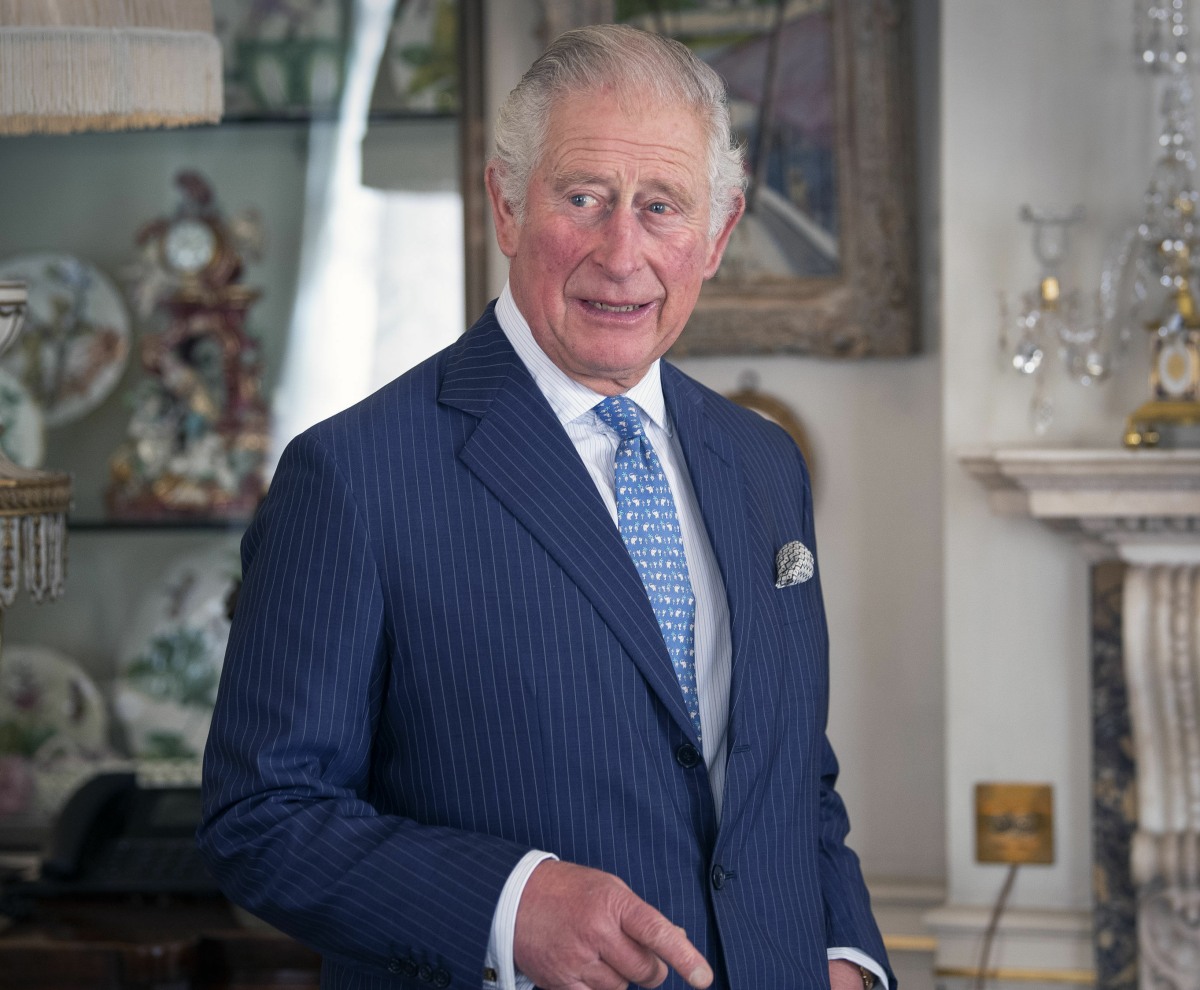
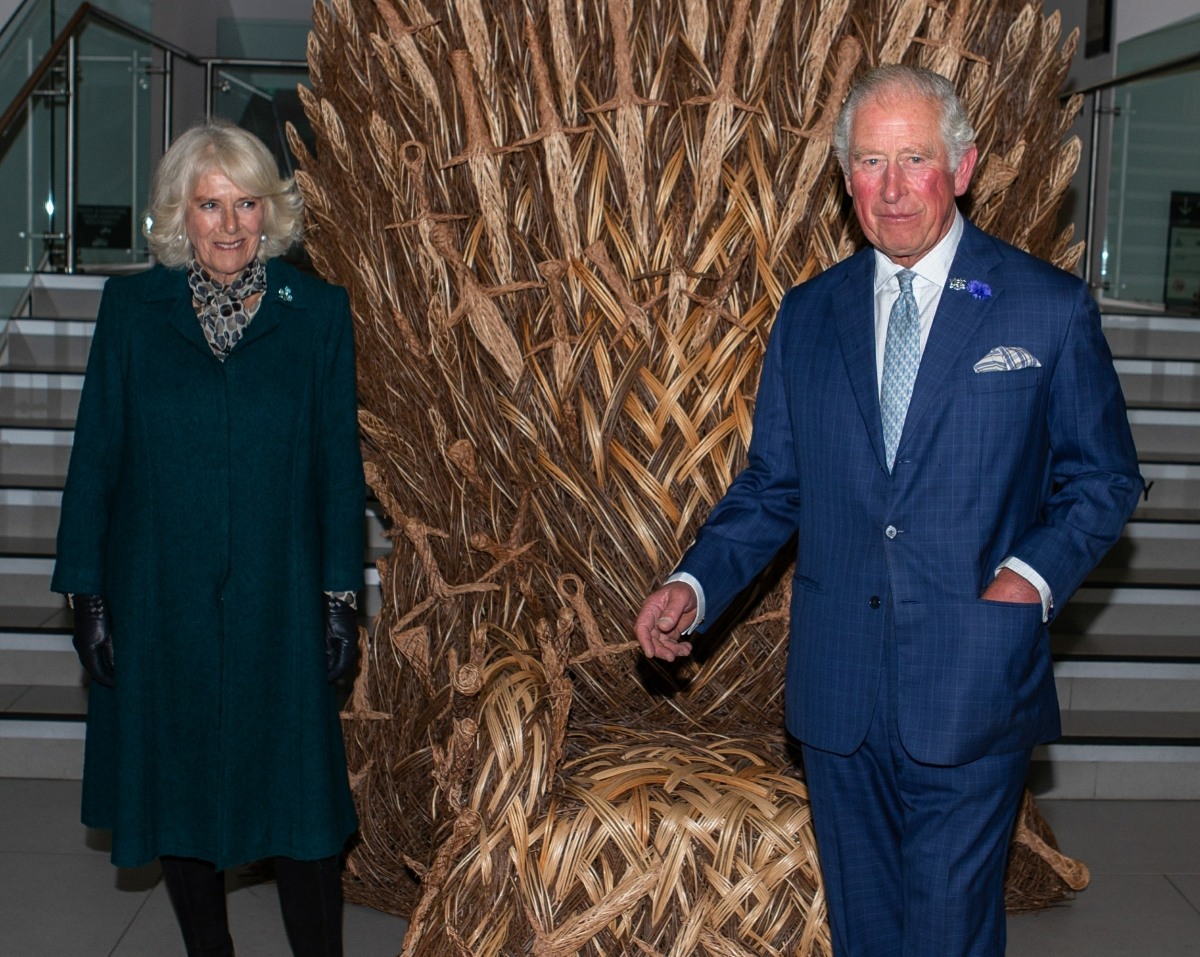
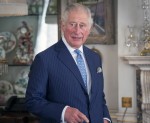
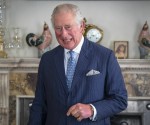
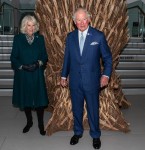
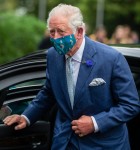
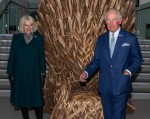










Charles is so high handed. He should be grateful with what hes got and stop trying to meddle in government. This was the 70s and I’m sure there was less focus then on what the royals would do, but I bet Charles probably still think his opinions matter.
The queens comments on scotland were relatively benign, and we arent even sure if she openly commented on Brexit, the Sun reported that she may be a Brexit supporter prior to the ref, but you can’t trust the Sun.
The problem is the Queen did get directly involved in this issue in Australia. They are shifting blame to Charles, but as the current monarch she crossed the line herself and tried to keep the letters hidden for over 44 years.
Well Charles has form, the spider memos all over.
God knows why Australians voted to keep them 20 years ago, why anyone wants their head of state to be 1000s of miles away I have no idea.
@MYNAMEISPEARL the reason the referendum on the republic failed was because the PM at the time, John Howard, was/is a monarchist and he deliberately sabotaged the referendum. It should have been a simple “should Australia be a republic or stay under the monarchy” type question. Instead, Howard deliberately designed a terrible model for a republic that no one wanted and made the vote: do we want this crappy designed-to-fail republic, or to stay as we are? Unsurprisingly, people voted to stay as we are. It was and remains incredibly frustrating.
I cannot WAIT until we are a republic. It drives me crazy that our head of state is a Brit on the other side of the world and I do not want any member of that family as our Head of State.
That the British monarchy got involved in the dismissal of our elected PM is outrageous. Our national landscape would be very diferente today if Kerr hadn’t overstepped and dismissed Whitlam.
Consider this, Kerr dismissed our democratically elected Labor Prime Minister, Gough Whitlam (left-leaning party), and then commissioned the Leader of the Opposition, Malcolm Fraser of the Liberal Party (right wing party), as caretaker Prime Minister. Kerr basically had to live the rest of his life abroad, and rightly so. It still makes my blood boil.
The Mail Online quickly sidelined this story when the facts were revealed. The intention was for another click-bait article to stir up feelings against Prince Charles by claiming he was acting on his own instead of representing the Queen. No doubt the Mail expected the Sussex hate-mob to link it with Harry and Meghan and pile in with the usual abuse. The real story shows that Charles was acting alongside the Queen. He was 27 and had made an official visit to Papua New Guinea where he met the Governor-General of Australia and discussed the political situation. All of which was reported to The Queen.
The file of letters between the Queen’s Private Secretary and the Australian Governor-General have recently been published by the Australian government despite legal attempts by the Queen to block publication. The whole file can be downloaded and the Guardian provides a link in the story it ran in July this year. It is a large file of over 1,000 pages and includes newspaper artcles and commentary as well as the letters. There is something intriguing about reading documents from Buckingham Palace marked as private and confidential.
The first few letters on the file are enough to show the Queen’s involvement. The Governor General was writing about what he thought was a plot by Gough Whitlam’s government to remove him from his position by making a formal request to The Queen. He had discussed this situation with Prince Charles during Charles’ visit and Charles had discussed it with the Queen. Letters from the Governor General were read by the Queen and answered on her behalf by her Private Secretary. e.g.
”Your two letters of 20th September have been read with much interest by The Queen and Her Majesty has told me to tell you that she has also had a very full account from Prince Charles of his talks with you.” ………. Prince Charles told me a good deal of his conversation with you and in particular that you had spoken of the possibility of the Prime Minister advising The Queen to terminate your commission with the object , presumably , of replacing you with somebody more amenable to his wishes. If such an approach was made you may be sure that The Queen would take most unkindly to it. ”
The documents discuss the constitutional role of the Queen and her power to appoint and dismiss government Ministers. (This is why after a General Election the leader of the majority party has to go to Buckingham Palace and be formally invited by The Queen to form a government).
The long-standing practice is for the reigning monarch to have weekly audiences with whoever is the current PM and give support and ‘advice’. So in that sense The Queen is involved in politics. These discussions are meant to be kept private to avoid influencing public opinion. There is no doubt that The Queen was involved in the removal of Gough Whitlam by her representative in Australia. He acted on The Queen’s behalf. Charles was involved in the discussions as part of his role as Prince of Wales.
Oogh look at Charles getting thrown under the bus. The Queen’s office actually advised on the pros and cons of sacking the GG which was likely unconstitutional but just got brushed under the carpet when the palace letters came out a few months ago. This coming out now and focusing on Charles role is very suspect
Yes I thought there were already letters that were finally released 44 years after the fact. Charles wouldn’t have the power here, it the monarch and in 76 she was in full grasp of her faculties so she knew she was getting involved.
I refuse to believe the Queen wasn’t involved in the dismissal as well. There is no way. She was the monarch. John Kerr was her representative in Australia. It was the Queen’s authority that he utilized to dismiss Gough Whitlam, and it was to the Queen to whom he would have had to answer. I doubt very much that he made this decision without consulting the Queen. I’ll bet Charles sent John Kerr this letter, but in terms of political power, as Prince of Wales, it’s not up to him. The buck stops, as it always does, with the Queen.
Gough Whitlam was one of the last few principled politicians in Australian history. He had genuinely progressive policies that he worked hard to implement in the country. John Kerr, the governor general, was a member of the Congress of Cultural Freedom–a right wing organization that ultimately turned out to be a CIA front. He ushered in a conservative govt by lying to Whitlam and by using underhanded tactics that were unbecoming, utterly, of an unelected head of state. Fuck him. Fuck the monarchy too.
Wasn’t there news about the queen having written directly on this issue? I would say that is more serious than Charles since she is the monarch and needs to be politically neutral.
It’s not great for Charles to do this, but this really looks like someone is trying to target him instead of the queen.
Yes, I’m genuinely saddened at the thought of what Australia lost in 1975. Gough Whitlam was a true visionary Prime Minister, the likes of which we haven’t seen for decades now. The next referendum on a republic can’t come soon enough, and hopefully this time, it won’t be a set up.
Is it too late for US to join the commonwealth in case we ever decide to elect a narcissist con man again then old lady can throw him out???
You realize what happened with Gough Whitlam was essentially a horrendous subversion of democracy right? You really want an unelected git like John Kerr with this sort of power? Because yeah, they could get rid of Trump, but a conservative in the position could get rid of a progressive president if they step out of line too. And the Queen has far more in common with Trump’s views than anyone would care to admit, so the idea that she’d dismiss him is not iron clad.
The USA could join the Commonwealth. 31 of 54 member states are republics. But they don’t have the Queen as their head of state. Meaning that she has no say in their internal affairs. The Commonwealth is more a cultural and sporting grouping than anything else. So the United Stares would need to stop being a republic and cede their independence In order to allow the Queen to interfere in their domestic political affairs. I was under the impression that this was something they fought some sort of war about previously?
ANNNNNDDDD…let’s distract from Prince Asshat’s determination to return to public duties by throwing Charlie under the bus……
Is this from Camp York?